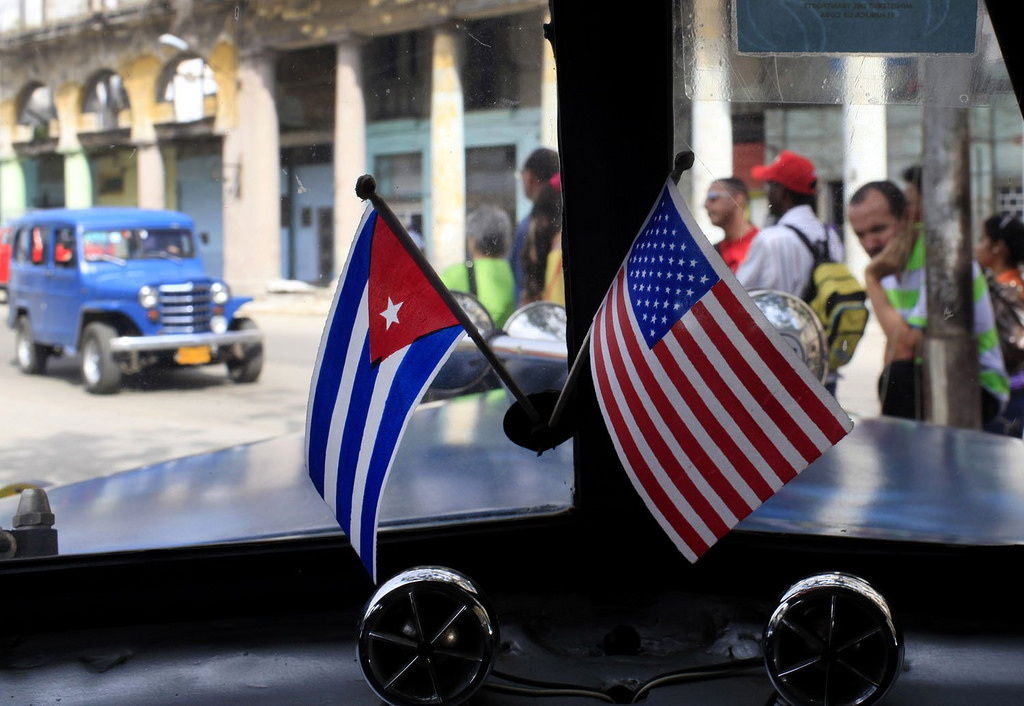HONG KONG — With the imposition of the National Security Law on June 20, 2020, China tightened its grip on Hong Kong. In one fell swoop, Beijing was effectively able to ban anti-government protests and movements. The law came after an intense year of protests and mass mobilization throughout Hong Kong against China’s increased attempts to gain authority over the special administrative region. In response to increased tension between the Chinese government and the people of Hong Kong, In response, different countries have begun implementing new immigration schemes for Hongkongers who wish to continue living in a free society, but no longer see living in Hong Kong as a viable way to do so.
In what many see as a response to the Hong Kong protests of 2019, China passed the Hong Kong National Security Law in June 2020, which criminalizes offences of “secession, subversion, terrorism and collusion with foreign forces to endanger national security”. Johannes Chan, former Dean of the Faculty of Law at the University of Hong Kong, criticized the law as ambiguously worded and questioned how peaceful protests act such as chanting slogans and flying banners could be seen as violations of the law.
These policies prompted opposing statements from foreign countries. British Foreign Secretary Dominic Raab asserted that it was “a flagrant assault on freedom of speech and freedom of peaceful protest,” while then-Secretary of State Mike Pompeo stated that the “draconian law” destroys the territory’s autonomy.
Since then, countries have been taking action; most notably, a few governments have enacted new immigration measures for Hong Kong’s citizens. In July 2020, the United Kingdom announced a policy proposal immediately after the law went into effect, opening an immigration tunnel for Hong Kong citizens who hold the British National Overseas passport (BNO). The BNO is a passport issued by the UK government for Hong Kong citizens born before July 1, 1997, the day of handover of the city. Citizens born after that day are eligible for the HKSAR passport issued by China instead.
The UK’s immigration policy stated that BNO holders and their dependants can apply for the BNO visa, which grants them the right to live and work in the UK. Applicants will be able to apply for a permanent resident status after living within the country for five years.
Liu Xiaoming, China’s ambassador to the UK, claimed that Britain’s action has infringed on China’s sovereignty and undermined international norms. On January 29, 2021, the Hong Kong government announced that they would no longer recognise the BNO, meaning that BNO holders would not be able to enter or leave the Hong Kong border or demonstrate identity with the passport.
This means that for Hongkongers to depart, they would need an HKSAR passport. However, the British government has found a way around China’s response to their policies. The UK stated that BNO citizens do not need a valid BNO passport to demonstrate their BNO citizenship, thus they would not need a BNO passport to enter the UK.
Other countries have also moved to enact similar immigration policies. Canada launched its Hong Kong Pathway immigration scheme, which allows all Hong Kong residents to apply for open work permits. Australia also loosened its VISA policies by allowing Hong Kong students to stay within the country for up to five years upon graduation from an Australian university.
The threat to freedom of expression posed by the National Security Law has already made emigration a popular topic among Hong Kong citizens, and new immigration schemes by different countries have prompted debate. Jacky Yau, a student from the Chinese University of Hong Kong, said that the uncertainty of Hong Kong’s future is one of the key reasons why he thought about leaving the city.
“We don’t know how much time Hong Kong has before it becomes exactly the same as China,” Yau said. “We might lose all the freedoms that we once enjoyed, and that’s not something that many of us want to see.”
When asked about what country he would want to move to, Yau suggested Taiwan as a preferable destination.
“Lots of people have raised concerns about the problem of discrimination in Western countries, and Taiwan is just both culturally and linguistically closer to Hong Kong,” Yau said.
Clarence Ip, a Hong Kong citizen currently studying at the University of California San Diego, wants to stay in North America after graduation. He considers Canada as a viable option because of its new immigration scheme.
“I’ve looked into countries like the UK, Canada, the [United States], and I’ve looked into both the BNO program and the Canada youth program,” Ip said. “I feel like the Canada youth program is more beneficial towards the younger people of Hong Kong, but I have not seen anything from the [United States] yet.”
In September 2020, Congress proposed the The Hong Kong People’s Freedom and Choice Act of 2020, which would provide temporary protected status for Hong Kong residents who have “well-founded fear of persecution if the individual asserts such fear.” After the bill was passed in the U.S. House of Representatives and moved to the Senate, Senator Ted Cruz (R-TX) blocked the bill, asserting that the bill was Democrats’ effort to advance their immigration agenda and would be used by China to send more Chinese spies into the United States.
With China further tightening its grip on Hong Kong, emigration is increasingly being seen as the best option for HongKongers to preserve their freedom. Fortunately, foreign countries are offering to take the city’s residents. But moving away from home and immigrating into a new country could prove to be another round of tough challenges for the Hong Kong people.







